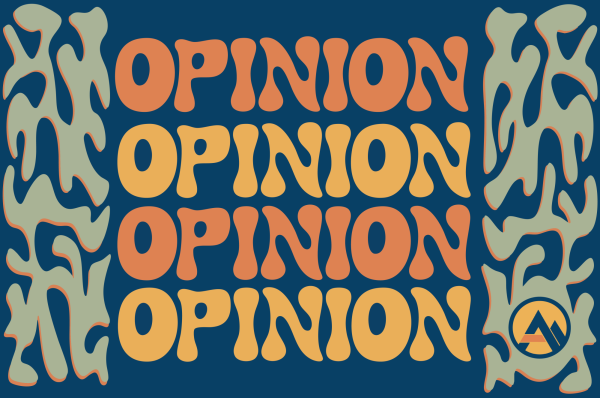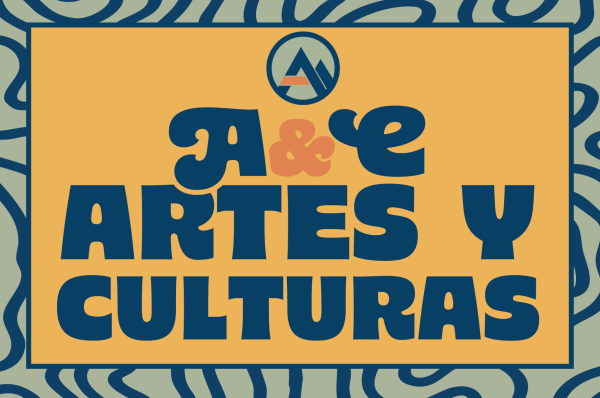OPINION: Yik Yak is an unexpected forum for free speech on campus
February 15, 2022
The social media platform Yik Yak has taken App State by storm this academic year. It allows users to post messages, or “yaks,” anonymously to a discussion forum within a five-mile radius. The app is popular among college students, and it’s a good source of entertainment and even a way for people to make friends. But Yik Yak is more than an anonymous social media app. It gives students the opportunity to speak freely about problems within the campus community.
Upon students’ arrival at App State in the fall, word spread quickly that Yik Yak was back. The app was previously shut down in 2017 due to lack of engagement and bullying. Many students use the app to voice their opinions about different topics throughout the semester. From jokes about failed relationships, complaints about the cold Boone weather and grievances about lack of parking on campus, App State Yik Yak is active. Students can anonymously post whatever they want, and believe it or not, this feature is important for supporting freedom of speech on campus.
The anonymity the app offers is useful for students participating in Greek life. Generally, members of sororities and fraternities will face consequences for speaking negatively about their affiliations. However, the secrecy of Yik Yak gives students the opportunity to speak out against Greek life organizations. Some posts simply name the locations of parties or consist of users asking which parties are best to attend. Others contain opinions on houses and their reputations. The app is also used to speak freely about dangerous activities of sororities and fraternities, including hazing and sexual assaults. Women on the app frequently warn each other about which fraternities are unsafe to visit. Yik Yak is used as a means of public awareness, warning of predatory behavior, including assault, drugging and hazing.
Nationwide, many students have voiced their frustration with Greek life due to the inappropriate and sometimes illegal behavior that occurs within organizations. Even if it is anonymous, this type of information is important for people to know. Members of Greek life won’t speak out against their own organizations, especially if it could get them kicked out. With the anonymity of Yik Yak, members have the freedom to speak on issues they may not have the ability to otherwise.
But with all the good Yik Yak can do exposing dangerous or problematic activity, it is important to keep in mind the app isn’t truly anonymous. Yik Yak said it monitors activity frequently and will remove posts violating its policies. In 2015, a student was arrested at Emory University for posting a Yik Yak threatening the lives of students. At the University of Missouri, another student was arrested for similar reasons. While users may feel their “yaks” are anonymously uploaded, it is not difficult for law enforcement to track down the source of posts.
Because it is a private company, users are subjected to Yik Yak’s rules if they want to continue to use the app. Under new ownership, Yik Yak has promised to do better. The website now has a Mental Health Resources page and an extensive list of community guardrails to make the app enjoyable for others.
Yik Yak is important for student expression and freedom of speech on campus, but like anything on the internet, nothing is completely anonymous.












